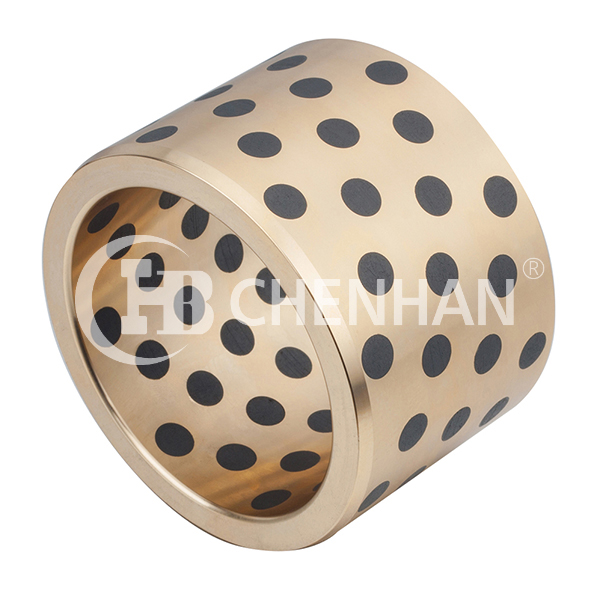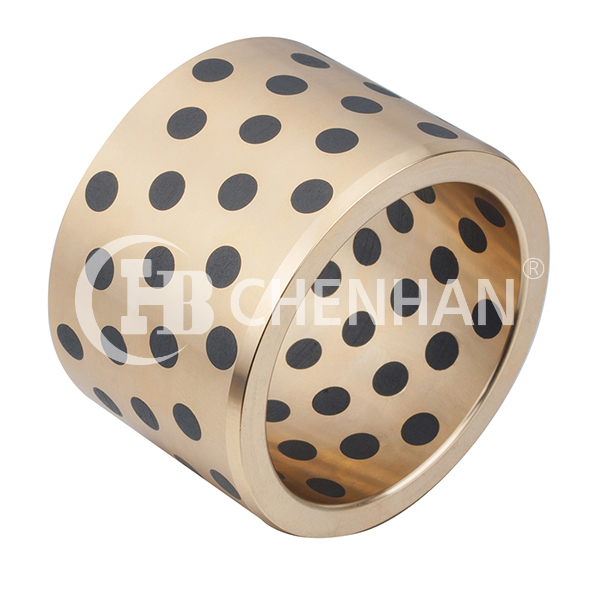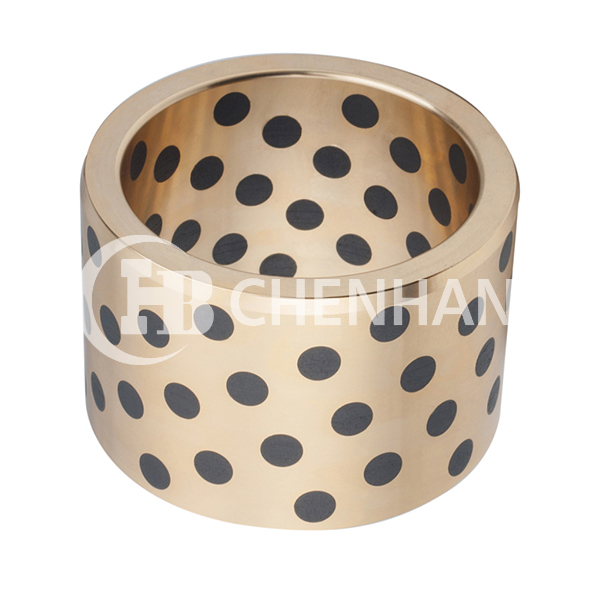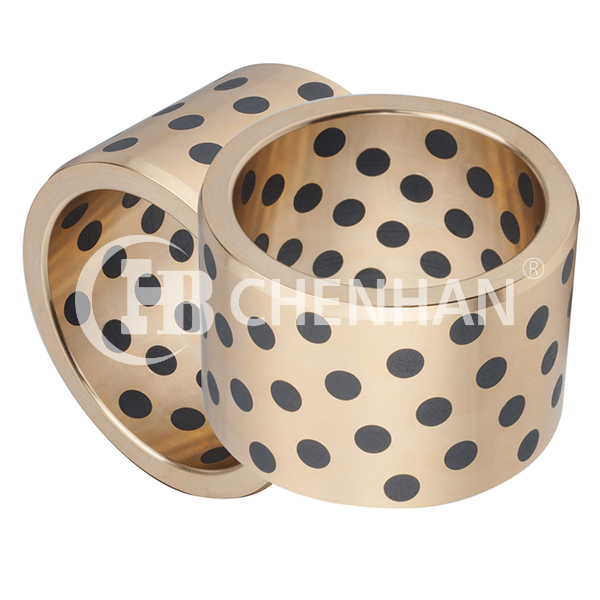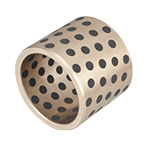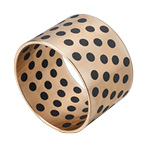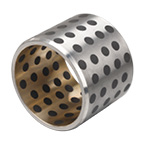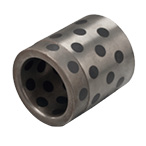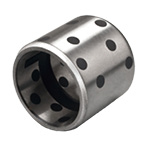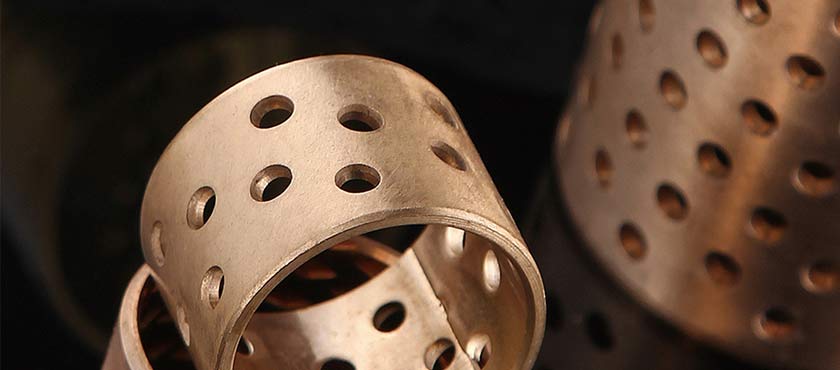Product advantages
1. Design is flexible, simple, convenient and has a wide range of use;
The oil supply system is a labor-intensive, time-consuming device. The use of solid self-lubricating bearings does not require consideration of the fueling device during the design, which saves the fueling device and can be used for various special occasions. Bearings can greatly reduce the cost of mechanical maintenance, oil and other materials.
2. Can be used without oil;
Because the linear expansion coefficient of solid self-lubricants is greater than that of the metal substrate, when the solid self-lubricating bearings start to run, the oil film will transfer to the abrasive parts to achieve self-lubrication. It can also play a good role in lubrication.
3. Low cost of use;
The traditional mechanical design requires frequent refueling and maintenance during the operating time, checking the oil meter and whether the oil supply device is unblocked, which can greatly reduce the cost of using lubricants.
4. Excellent performance under high load and low speed conditions;;
Solid self-lubricating bearings use centrifugally cast high-strength alloy brass as the base, which plays the role of bearing loads, combining their respective advantages, and can exert superior performance even under high load and low speed conditions.
5. Reciprocating motion, rocking motion, frequent starting and stopping places where oil film formation is difficult, can exert superior abrasion resistance
The arrangement principle of solid self-lubricating bearing lubricants is to ensure that the abrasive parts have a lubricant effect during the running process. When arranging the lubricants, the arrangement position of the lubricants must be determined.
6. Excellent chemical resistance and corrosion resistance;
The lubricant of solid self-lubricating bearings is made of wear-resistant materials such as graphite, PTFE, molybdenum disulfide, etc., and has a stable molecular structure. Therefore, solid self-lubricating bearings have excellent chemical resistance and corrosion resistance
7. The product cost is more competitive, the working life is longer, and the performance is good.


